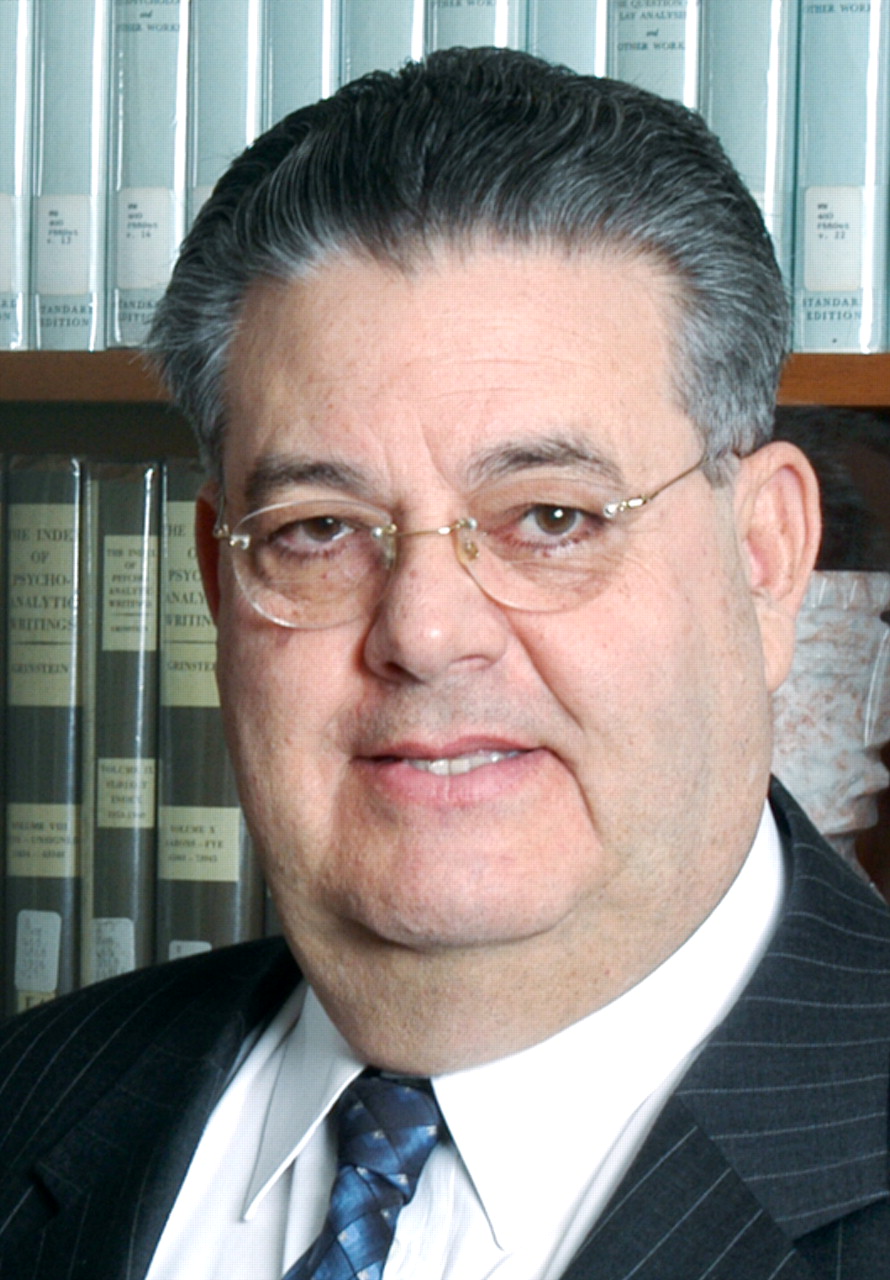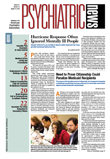Reaching out to the public and providing crucial information about the realities of mental illness as well as the availability of effective treatments is among APA's top priorities, as it should be for the profession and the field at large. It is really up to us, both as professionals and as an organization, to tackle the misconceptions about mental illness that still exist in our communities across the country. If we do not accept and take on this challenge, then who will?
The American Psychiatric Foundation is part of a growing and proactive effort by APA to educate the public about mental illness and the availability of high-quality care that could and should be readily accessible to all people who need these services. As APA's philanthropic arm, the foundation is uniquely positioned to bring the “voice of medicine” to the public through a mixture of programs, grant funding, and awards that touch men, women, and children of all ages, races, and ethnic, cultural, and socioeconomic backgrounds.
When I was president-elect of APA, I had the pleasure of serving on the foundation's Board of Directors for a year. This board is made up of a diverse and committed group of people including psychiatrists and nonpsychiatrists; among them are also people who have suffered from mental illness as well as family members. All directors bring unique viewpoints and a wealth of knowledge that are necessary to guide the foundation's endeavors successfully. The foundation's overall mission is straightforward and focuses on patients with mental illness and their families—that is, “Advancing public understanding that mental illnesses are real and can be effectively treated.”
As I observed, the current breadth and depth of the foundation's work is growing and impressive. It addresses the need for mental health education and recognizes the particular importance of reaching out to underserved communities where the need for accurate and available information and quality care is especially urgent. The most recent grants awarded by the foundation are a good symbol of how psychiatric care can make a difference in communities where mental health services have not been a priority in the past and, thus, barriers to treatment have been very high.
For instance, one recently awarded grant went to the Merced Lao Family Community (MLFC), which serves the Southeast-Asian community in Merced County, Calif. This program currently serves 10,000 refugees who fled Laos after the Vietnam War. With the foundation's support, the MLFC is airing television talk shows and conducting mental-health-oriented workshops in the native Southeast-Asian languages in an effort to combat stigma and inform residents about the mental health resources that are locally available. Leaders of this community's seven clans are invited to attend the workshops so that they have accurate mental health information to share with the members of their clans.
Foundation funding also helped the Central Massachusetts Area Health Education Center launch its Latino Mental Health Project. This project tries to reach out to the Latino community in inner-city Worcester, Mass. Educational workshops and ads in the local Spanish-language media are helping to raise awareness about mental illnesses, enhance early detection efforts, and inform people how to find the mental health services they need within their community.
As a member of APA, I hope that you take pride in the work that our foundation is doing to make much-needed mental health information accessible to the public, particularly in underserved communities. Our foundation effectively demonstrates how psychiatry can make a difference, not just in the lives of patients, but in our broader communities as well. I urge you to become involved in your local community and spread the word about the work that our foundation is doing and about the need for early mental health intervention and the effectiveness of psychiatric treatments.
I also hope that you will join me in supporting our foundation by donating during its annual fund-raising efforts, attending its events, and spreading the word in our communities about our foundation's accomplishments. If we expect others to donate, we all need to be role models. Our foundation staff cannot effectively raise funds unless they can demonstrate that the majority of APA members have faith in the foundation and financially support it. High amounts, although welcomed, are not necessary. What is necessary is the full commitment and loyalty of you and other APA members. For more information about our foundation's programs and services, please visit its Web site at<www.psychfoundation.org>.▪

